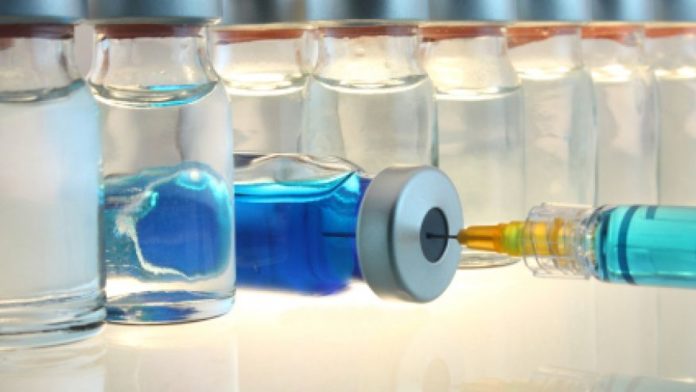
The current method for producing annual influenza vaccines relies on choosing viruses months in advance, based on the dominant strains at the time. However, viruses can mutate in that time, resulting in a less effective vaccine — that’s what happened with this year’s vaccine, which is only 23% effective. But a new discovery could solve that problem in the very near future.
Researchers at McMaster University and the Icahn School of Medicine at Mount Sinai in New York have uncovered a new class of antibodies that may provide the basis for a “universal flu vaccine” that would offer protection against a diverse range of flu strains
“Unlike seasonal vaccines, which must be given annually, this type of vaccine would only be given once, and would have the ability to protect against all strains of flu, even when the virus mutates,” says Dr. Matthew Miller, senior author of the new study and assistant professor in McMaster’s Department of Biochemistry and Biomedical Sciences at the Michael G. DeGroote School of Medicine. “This would prevent the occurrence of flu pandemics and poor vaccine efficiency in the case of mismatches, which actually occurred this year.”
For the new study, published in the Journal of Virology, the researchers compared the efficacy of an isolated strain-specific flu antibody (the type that current vaccines generate) against an isolated broadly neutralizing flu antibody (the type that a universal influenza vaccine generates).
Initially, the team found the universal vaccine type of antibody to be much less effective at neutralizing influenza than the strain-specific antibodies. However, after isolating the universal-type antibodies in a natural setting from human blood, the researchers found comparable effective among both the universal and strain specific types.
The study also indicated that the subtype of antibodies that are present in the lungs and upper respiratory system are particularly potent in neutralizing influenza. “This is also very encouraging and provides guidance as to what vaccine would be best for delivering a universal flu vaccine – that is, inactivated versus live-attenuated,” says Dr. Miller.
The current flu shot is an inactivated vaccine. It consists of virus particles that are grown under controlled conditions and then killed using a detergent. In an “attenuated” vaccine, the virus is kept alive but its virulence is reduced. Because the virus is alive in the attenuated vaccine, it is able to replicate in the upper respiratory tract without being capable of infecting the lung. As the live virus replicates harmlessly, an immune response is generated.
The findings indicate the possibility of a universal flu shot in the near future, say Dr. Miller and colleagues, who hope to see the creation of a universal influenza vaccine within the next five to seven years.
